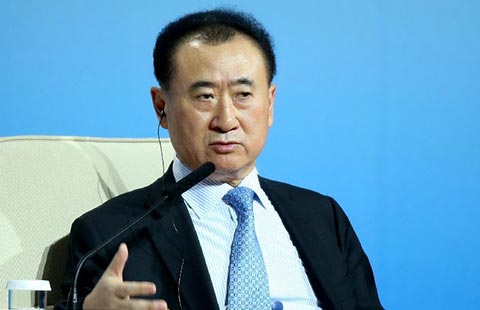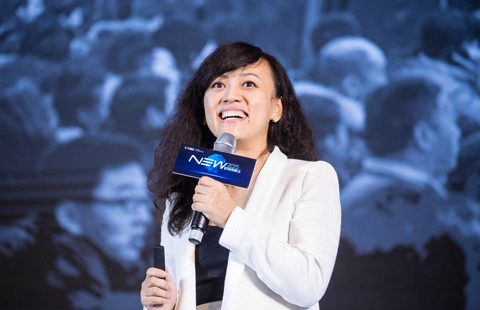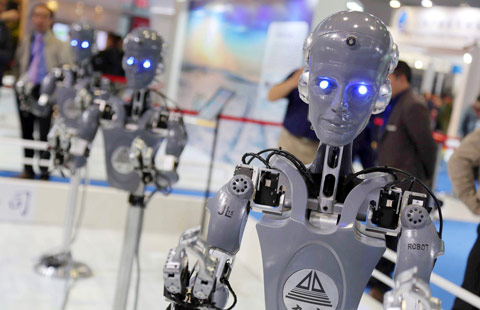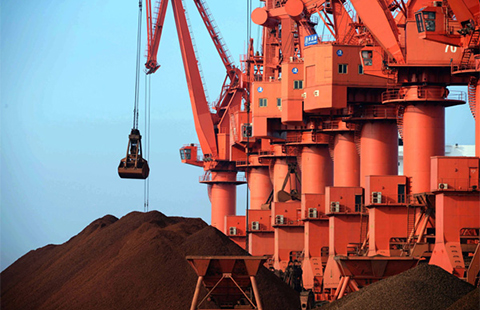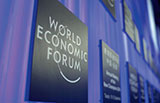BMW Brilliance brings global tech to new plant
By Hao Yan in Munich (China Daily) Updated: 2015-11-09 08:06The engines have a standard design, a high amount of common parts and a uniform manufacturing process.
Therefore, synergies across the network can be utilized and production between plants is optimized.
With this efficient and uniform production system and the international engine, the production network can react quickly to customer demand, according to the company.
Olaf Kastner, president and CEO of BMW Brilliance, said, "The Shenyang plant will be more advanced than any other BMW plant, and will become the modernist BMW plant.
"We will also bring the world-leading innovative wire arc spraying technology to the Shenyang plant, and will also further upgrade the sand core molding technique in Shenyang."
In 2013, BMW introduced a wire arc spraying, or LDS, process in the production of die-cast aluminum in crankcases, as the first in the world to use the technique in large-scale series production.
By applying the LDS technology, BMW makes each cylinder 400 grams lighter. The LDS technology replaces the industry's commonly used heavy cast steel sleeve in the cylinder with a thin coat of an iron-based material just 0.33 millimeters thick.
The innovative LDS technology gives the engines resistance to friction, reduces fuel consumption and prolongs the service life of the engine. Cylinders coated using this technology are also extremely robust both thermally and mechanically, according to the company.
BMW is now operating a zero-emissions sand core molding technique in its alloy foundry in Landshut, Germany. The plant has been using environmentally friendly inorganic binding agents since 2009, instead of conventional organic binding agents.
The sand core molding technique ensures that the plant causes little impact on the environment, as the light-metal foundry has reduced emissions by around 98 percent from combustion residues.
"The used sand cores are recycled in Landshut. The plant sells the sand to infrastructure constructors to reuse in cement or refill into the land. We are considering the same practice and contacting partners," Kastner said.
Chinese media reported that BMW Brilliance is about to expand its new engine plant in Shenyang to a projected capacity of 600,000 units. Three new BMW models are also in the joint venture's future localization plan.
Dong Yang, secretary general of the China Association of Automobile Manufacturers, said it is a good time for automakers to develop their production capability and elevate their quality, while the growth of Chinese auto demands is waning.
FAW-Volkswagen's Changchun engine plant went into production in May with a 450,000-unit capacity, which will be doubled by 2017.
Guangqi Honda's engine plant started production in Guangzhou with a capacity of 120,000 units, which will also be doubled in the future.
- October inflation eases to 1.3%, producer prices fall again
- IPO resumption reignites market spirit, reform drive
- China-Africa trade approaches $300 billion in 2015
- China October inflation eases to 1.3%
- China to start direct trading between RMB, Swiss Franc
- China to become Australia's biggest international tourism market: report
- 'Invest in renewable energy transition'
- Bohai to bring Avolon under its fold
